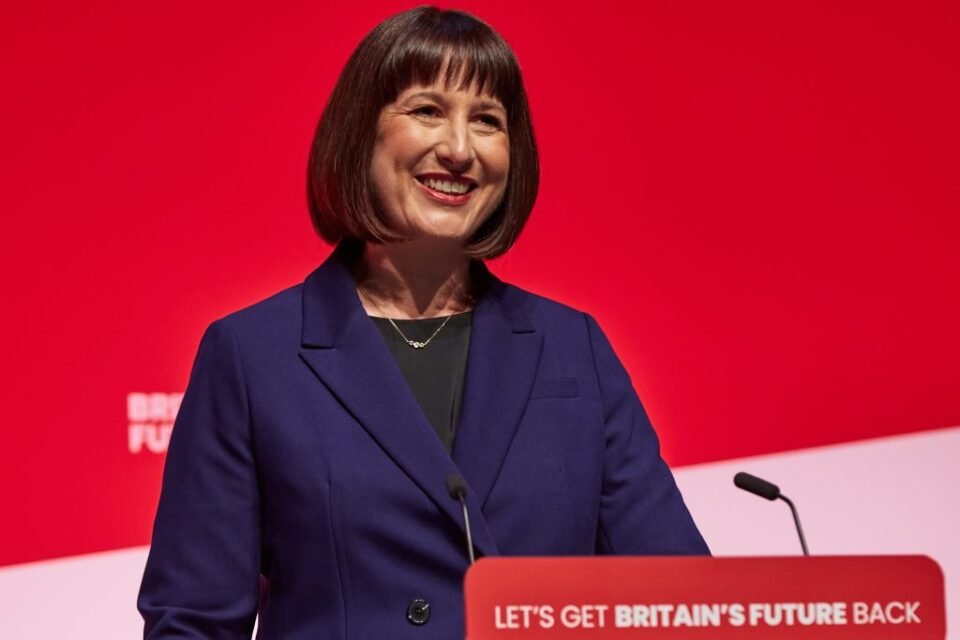Councils are calling for major financial reforms – but it’s not yet certain they’ll avoid further funding cuts, writes LGC reporter Jonathan Knott
Research revealed today by the BBC has underlined the financial pressures faced by councils.
The broadcaster’s Shared Data Unit surveyed 187 upper tier local authorities in the UK – finding that despite making £3bn in savings this financial year, these are still facing a shortfall of more than £5.7bn by 2026-27.
Shropshire Council needs to find £62.5m of savings for 2024-25, equating to £191 per resident – “more than any other council in England”, according to the BBC.
The local authority is reviewing all of its non-statutory services, and needs to axe 540 full time posts as it cuts back its work. Leader Lezley Picton (Con) says her council is “unbelievably close” to having to declare itself effectively bankrupt with a section 114 notice.
Shropshire points to rising demand on services as a key reason for its challenges. The percentage of its net budget dedicated to social care has risen from 58% to 74% since 2017-18 – an extra £76m. And since 2020, the number of children in the council’s care has increased by more than 80%.
Many other councils are facing similar situations. London’s 33 boroughs, for example, are collectively expecting an overspend of £600m this financial year – set to increase to £700m in 2025-26. London Councils chair Claire Holland (Lab) says “we have the most dire situation for local government finances that I think we’ve ever faced”.
Widespread concerns
While such findings are bleak, they will not be particularly surprising to many within local government – where serious financial challenges have existed for some time. The effects of the covid pandemic and recent high inflation have compounded the problems created by a decade of austerity. Until recently, it’s tended to be councils that have made risky investments, were poorly run or faced other exceptional circumstances that had declared section 114s. But concerns are now being felt much more widely.
The situation is summed up by a Kent CC spokesperson, who told the BBC that “the cost of, and demand for, key council services [is] continuing to increase at a much higher rate than the additional funding available from government and local taxes.”
Social care for children and adults, and temporary accommodation for homeless people, are the biggest costs for many councils – alongside support for young people with special educational needs and disabilities (Send), though currently this does not appear on balance sheets. Sadly for councils and the residents who rely on these services, underfunding is likely to exacerbate existing problems and create further need for support.
The Local Government Association and other sector bodies wrote to the chancellor last week, highlighting that the increasing reliance on reserves to balance budgets is “simply not sustainable”. The letter’s signatories are calling for a “significant and sustained increase” in funding for councils in this month’s Autumn Budget. Some councils are holding out hope that the Budget could ease their financial pain, with Cornwall Council’s member for resources David Harris (Con) telling the BBC: “We might well see nothing, we might see something.”
Little room for manoeuvre
But a recent analysis from the Institute for Fiscal Studies (IFS) suggests minsters have little room for manoeuvre. The IFS’ Green Budget 2024 says that as things stand, the plans inherited by Keir Starmer’s government – which involve spending growth for public services of 1% a year – “imply real-terms cuts to ‘unprotected’ departmental budgets”, which include grants to local government.
Given Labour’s manifesto promises and public sector pay deals, avoiding cuts to unprotected departments in 2025-26 would probably mean increasing day-to-day public spending by around £13bn, the IFS says. And providing “meaningful increases” for these departments “would very likely require an even bigger funding injection”. In fact, even a £47bn top-up by 2028-29 would lead to an increase in public spending that was “less generous” than what was initially promised in Rishi Sunak’s 2021 budget (before this was eroded by inflation).
Some measures councils are calling for would not necessarily involve extra government funding – such as providing multi-year funding settlements, and offering more flexibility on council tax. But these in themselves would not resolve the key question of how to meet rising costs with diminishing resources. Given the continuing uncertainty over key issues such as social care, council tax and a fair funding distribution, answering that satisfactorily would clearly take much more than one Budget announcement.
In their letter, the sector bodies say they want to “work with the government on reforming the local government funding system and forming a long-term plan for greater financial sustainability for councils”. The fact that the government has acknowledged the scale of the crisis, and refrained from blaming councils for it, offers some grounds for hope. But whatever the Budget offers, local government minister Jim McMahon is surely right when he says things “won’t be fixed overnight”.

